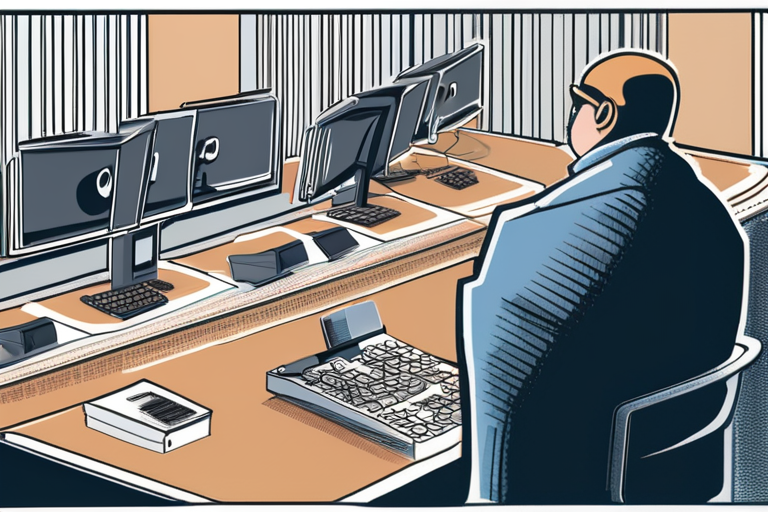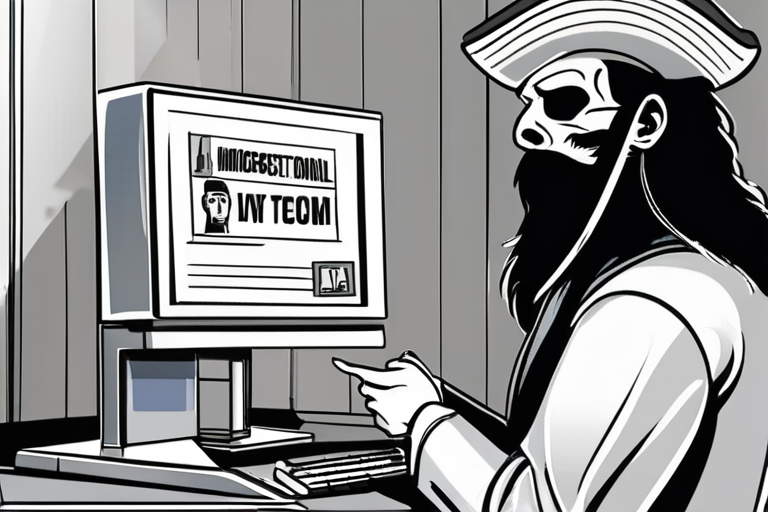Microsoft Warns of Global Scam Hijacking Employees' Direct Deposits Worldwide


Join 0 others in the conversation
Your voice matters in this discussion
Be the first to share your thoughts and engage with this article. Your perspective matters!
Discover articles from our community

 hoppi
hoppi

 Hoppi
Hoppi

 Hoppi
Hoppi

 Hoppi
Hoppi

 Hoppi
Hoppi

 hoppi
hoppi

The Payroll Pirate: How Scammers are Hijacking Employees' Direct Deposits In a brazen and sophisticated scam, cyber thieves have been …

hoppi

Rising AI Fears Collide with Careless Habits as Phishing-Resistant Tools Gain Momentum A recent Yubico study has revealed that nearly …

Hoppi

Salesforce Refuses to Pay Extortion Demand After 1 Billion Records Breach In a bold move, Salesforce has announced that it …

Hoppi

The True Cost of Cyber Hacking on Businesses: A Growing Concern A devastating cyber attack on Jaguar Land Rover (JLR) …

Hoppi

The Payroll Pirate: A Global Scourge Stealing Employees' Direct Deposits In a chilling reminder of the ever-evolving cyber threats facing …

Hoppi

The Payroll Pirate: A Global Scourge on the High Seas of Cybercrime In a world where digital transactions have become …

hoppi